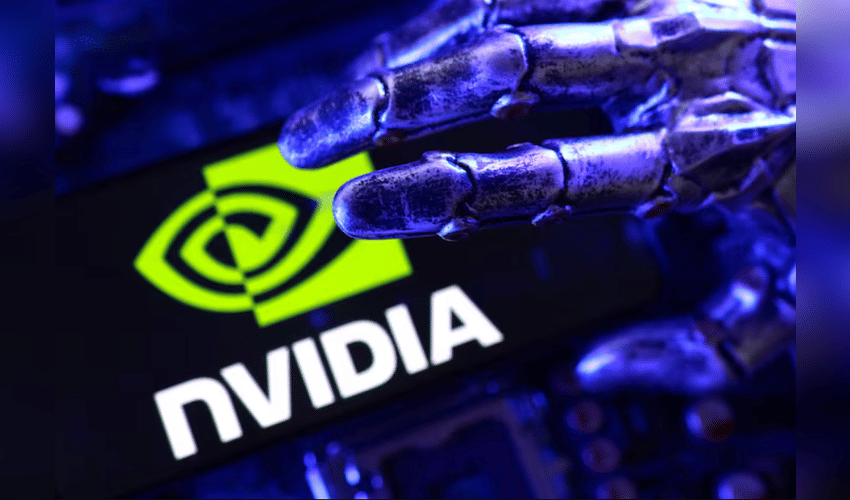Technology
A Republican lawmaker warns against allowing China access to Nvidia's Blackwell chip.

A top Republican lawmaker focused on China policy warned that allowing Nvidia to sell its most advanced AI chip to China would be like giving Iran weapons-grade uranium, arguing it would erode America’s technological edge. House Select Committee on China Chairman John Moolenaar said on X that he had told the administration the U.S. “cannot sell the latest advanced AI chips to our country’s primary adversary.” His remarks followed President Donald Trump’s suggestion that Nvidia could be allowed to sell a downgraded version of its Blackwell AI chip to China.
Trade and national security experts cautioned that such sales could effectively dismantle the U.S. export controls introduced in 2022 to prevent Beijing’s military from gaining access to cutting-edge American technology and to slow China’s AI progress. Tim Fist, co-author of a study examining the implications of exporting the B30A — a scaled-down version of Nvidia’s top chip — said it could drastically reduce the U.S. advantage over China in AI. He warned that exporting even the downgraded model “would dramatically shrink America’s AI lead.”
Democratic lawmakers, including Senate Majority Leader Chuck Schumer and 11 senators, also urged Trump not to lift restrictions on AI chips and related technologies in pursuit of a trade deal with Beijing. Moolenaar emphasized that these chips should be reserved for U.S. companies developing domestic AI dominance, “not for the future of the Chinese military.” Trump, meanwhile, said he might discuss Nvidia’s “super-duper” Blackwell chip with Chinese President Xi Jinping during their upcoming meeting. He has previously suggested allowing a 30% or 50% reduced-performance version of Nvidia’s chip to be sold to China.
However, Fist noted that even the B30A version is essentially the same chip in different packaging, meaning China could simply buy more units to achieve equivalent computing power. In their analysis, Fist and his colleagues modeled nine potential export strategies. They found that if the U.S. blocks powerful chip exports entirely, it would maintain a 30-to-1 AI computing power advantage over China next year. But if downgraded chips like the B30A are exported, China could surpass the U.S. in AI computing capacity by 2026. Even limited exports could shrink the gap to just fourfold.
Experts warned that allowing any significant quantity of these chips into China would effectively end U.S. export control efforts. Former State Department official Chris McGuire agreed, saying that the U.S. AI lead exists because of its dominance in advanced chips and computing power. “If we give that away,” he said, “best case, we tie — worst case, we fall behind.” He added that selling such technology for trade concessions like soybean purchases would be a poor exchange, effectively sacrificing America’s technological superiority.



